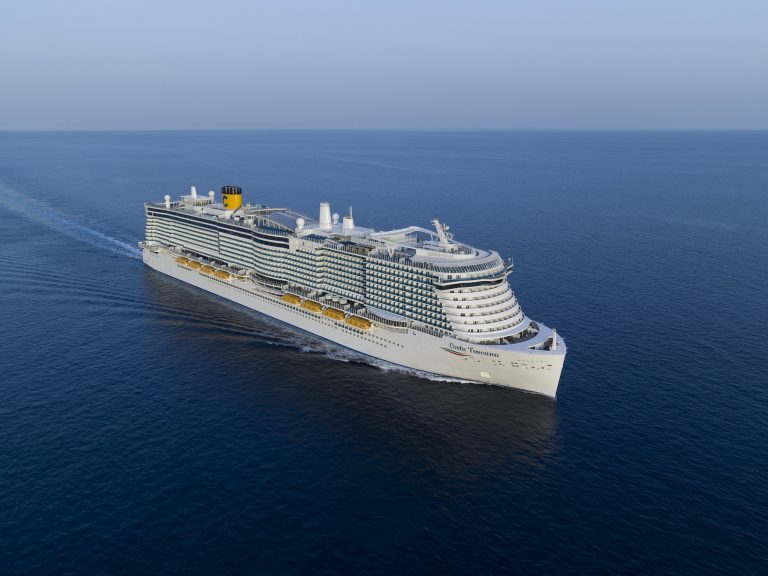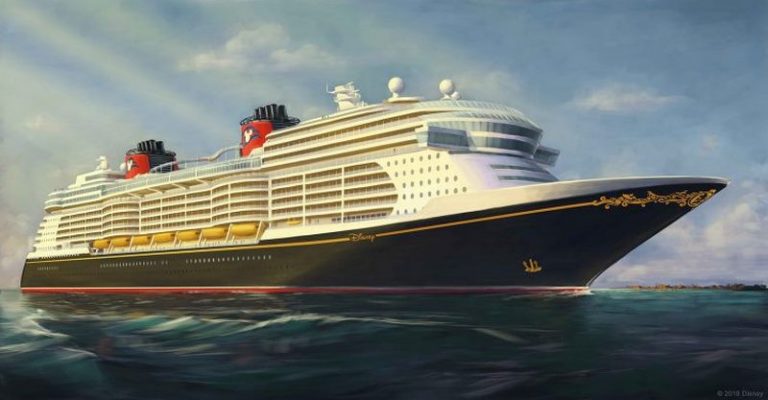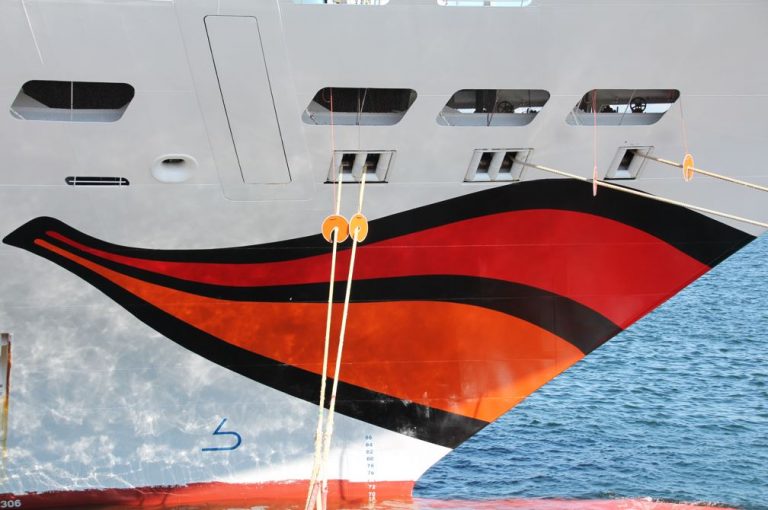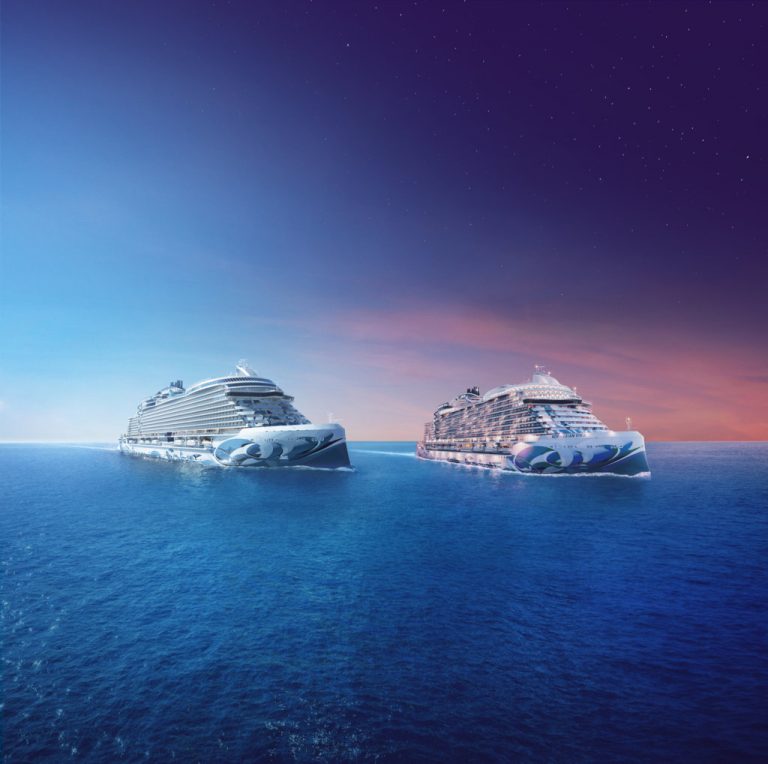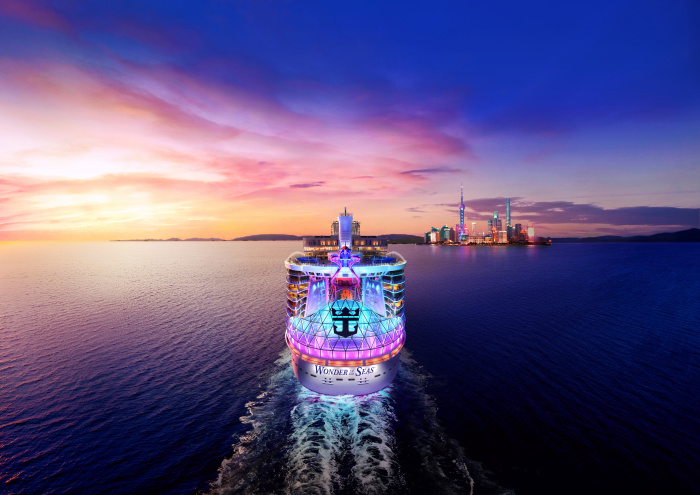Methanol as a possible green fuel
Cruising Journal has previously covered traditional fuels, LNG, cold ironing, and hydrogen batteries and fuel cells. Today, we will discuss green methanol as a possible fuel of the future to reduce the environmental impact of cruise ships.
It should be remembered that the calorific value of hydrogen is 5 times lower than that of the marine fuels used today, so its applications studied to date are limited to use when ships are in port and have lower energy requirements.
The cruise industry has set itself the target of becoming zero impact (carbon neutral) by 2050, and the use of methanol is also being considered by shipowners as a way of gradually achieving this ambitious goal.
Costa Toscana
Methanol is emerging as an important alternative fuel for meeting greenhouse gas reduction targets due to its ease of use, making it particularly attractive for both newbuildings and retrofits of existing ships. As one of the most commercialized chemical feedstocks, the infrastructure to supply ships could be adapted to existing vessels. All forms of methanol, whether natural gas-based, low-carbon or renewable, can be blended regardless of the production route. This provides a reliable transition path to fully greenhouse gas neutral cruise ships in the near future.
It is a “clean” fuel that can eliminate air pollutants such as particulate matter and sulfur oxides, is widely available, and is increasingly being produced through low-carbon, biogenic, or hydrogen-based pathways. In addition, methanol has the potential to enable zero lifecycle emissions when used in fuel cells in the near future.
The first cruise ship expected to use green methanol is the former Global Dream, which was purchased incomplete by Disney Cruise Line. In fact, after the bankruptcy of the MV Werften, the ship was abandoned in Wismar, waiting for a project to complete it, which came about thanks to a partnership between Disney and the Meyer Group, which will complete the ship by 2025 with engines capable of running on this new fuel.
Disney Cruise Line
The Costa Group, Europe’s leading cruise operator with its two brands Costa Crociere and AIDA Kreuzfahrten, owned by Carnival Corporation, and Proman, a leading methanol producer, have signed a Memorandum of Understanding (MoU) to further promote the introduction of methanol as a marine fuel for the cruise industry. The partnership aims to accelerate the energy transition and decarbonization of the existing cruise fleet by increasing the supply of sustainable methanol, paving the way for the retrofitting of ships already in service to operate on a “clean” fuel, and investing in methanol-powered newbuildings. However, no concrete operational steps have yet been taken.
Aida Cruises
Norwegian Viva & Prima
Instead, Norwegian Cruise Line has modified its order for the last two ships in the “Prima-plus” class. The agreement with Italian shipbuilder Fincantieri calls for the fifth and sixth ships in the series (to be delivered in 2027 and 2028) to be lengthened to be methanol-capable.
Royal Caribbean International
Finally, the Royal Caribbean Group has also set its sights on this fuel. In fact, it has agreed with the Finnish engine manufacturer Wärtsilä to supply two 8-cylinder 46F engines converted to run on three fuel sources, including methanol. This was done through Chantiers de l’Atlantique, which will use these engines on its fifth “Edge” class ship, due for delivery in three years.
Don’t miss more cruise updates, news and reviews on Cruising Journal with photos, videos and cruise offers.

